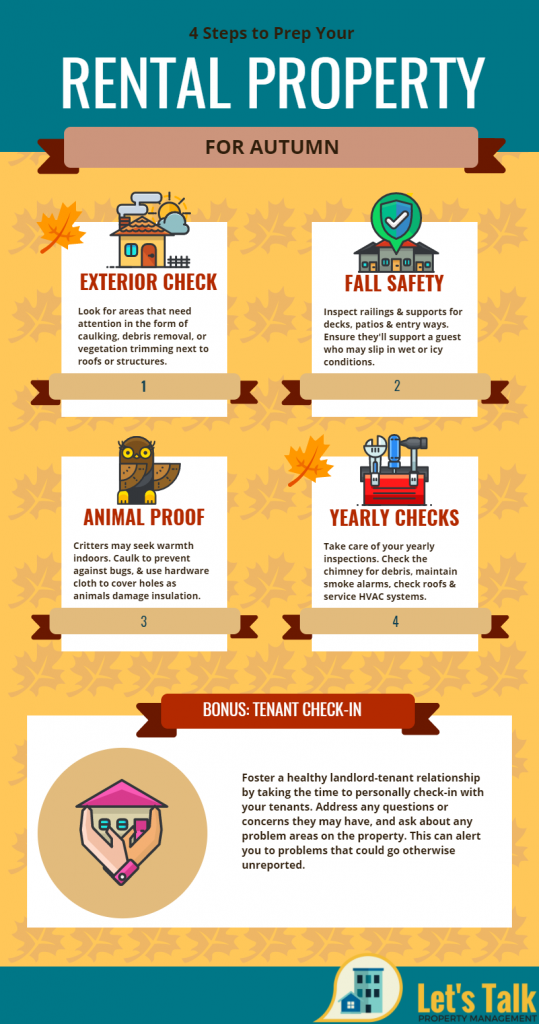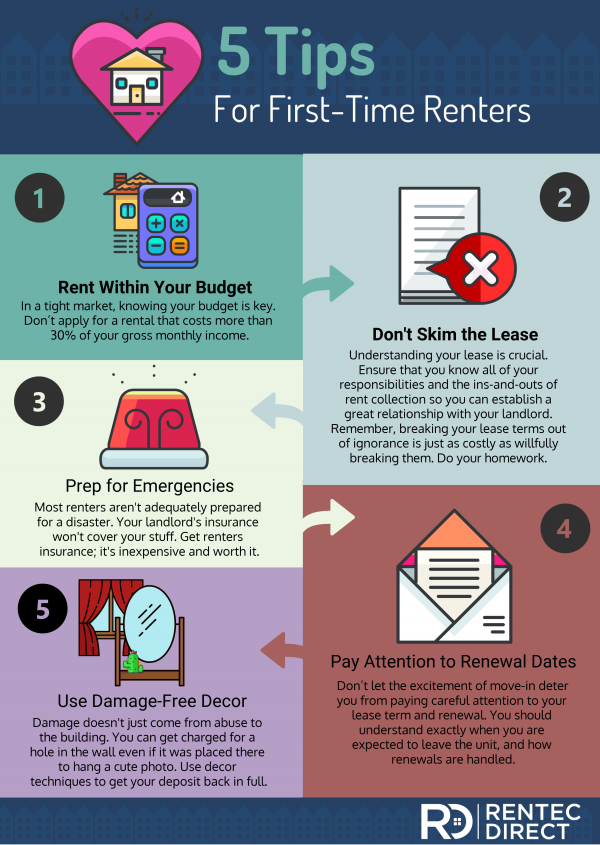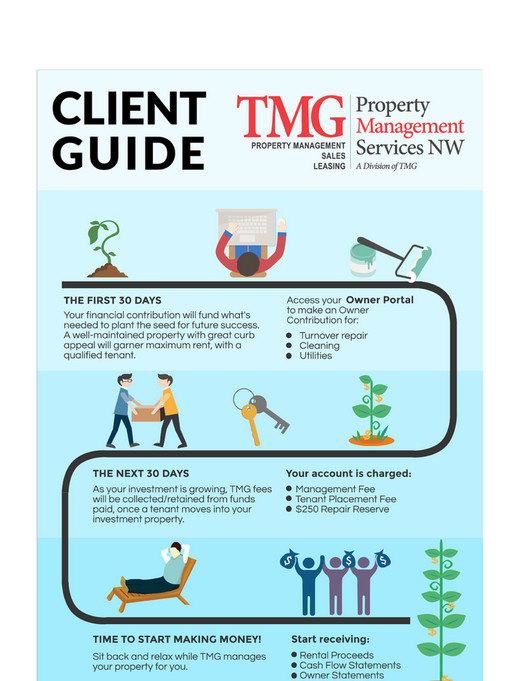Discover the essential secrets to successful rental property management with our comprehensive guide – your key to stress-free landlord success.

Image courtesy of George Becker via Pexels
Table of Contents
Introduction to Rental Property Management
Have you ever wondered what it would be like to take care of a rental property and be a landlord? Managing rental homes can be an exciting adventure that involves looking after houses and making sure everything is in top shape. In this guide, we’ll explore the ins and outs of rental property management and share some helpful tips for becoming a successful landlord.
Being a landlord means being responsible for a rental property, which is a home that people can live in for a period of time in exchange for paying rent. In this role, you’ll need to make sure the rental home is well-maintained, find good tenants to live there, collect rent, and handle any issues that may arise. Let’s dive into the world of managing rentals and discover what it takes to be a great landlord!
Throughout this guide, we’ll cover topics like understanding the basics of your rental property, finding awesome tenants, creating a great lease agreement, conducting regular check-ups on the property, handling money matters, building relationships with tenants, dealing with tough situations, and even getting help from professionals when needed. By the end of this journey, you’ll have a solid understanding of what it means to manage a rental property like a pro!
Getting To Know Your Property
When you become a landlord and start managing a rental property, one of the first things you should do is get to know your property inside and out. Understanding your rental home will help you take care of it better. Let’s dive into how to manage a rental property.
Understanding the Basics
Every rental home has its unique features that make it special. Take a tour of your property and note where important things are located, like the main water shut-off valve, electrical panel, and appliances. Knowing these details will help you address issues more efficiently when they arise. Keep an eye on the condition of the property and address any maintenance problems promptly to maintain a safe and comfortable living space for your tenants.
Maintenance Must-Haves
Regular maintenance is essential to keep your rental property in top condition. Make sure to address key maintenance tasks such as fixing leaky faucets, cleaning gutters, and servicing the HVAC system. By taking care of these tasks regularly, you can prevent costly repairs down the line and ensure that your property remains a desirable place for tenants to live.
Finding Awesome Tenants
Let’s dig into how to find people to live in your rental home who will take good care of it.

Image courtesy of www.rentecdirect.com via Google Images
Creating an Attractive Listing
When looking for tenants, the first step is to create an attractive listing that will catch the eyes of potential renters. You want to make your rental sound amazing in ads so lots of people will want to come and see it.
Screening Potential Tenants
It’s essential to screen potential tenants carefully to ensure you find the right fit for your rental home. By asking the right questions and getting to know more about them, you can figure out which tenants will take good care of your property and pay their rent on time.
The Magic of a Great Lease Agreement
lease agreements are like magical spells that bring order, clarity, and fairness to the renting world. When you put together a great lease agreement, you’re creating a harmonious relationship between you as the landlord and your tenants. Let’s uncover the secrets behind crafting a spellbinding lease agreement that will make everyone happy.
Key Lease Terms
Think of key lease terms as the golden rules of renting. These are the important promises that both you and your tenants make to each other in writing. From the rent amount and due date to rules about pets, guests, and maintenance responsibilities, these terms set the foundation for a smooth and respectful living arrangement. It’s like creating a map that guides everyone on how to navigate the rental journey together.
Rules and Regulations
Just like wizards have their spell books with rules for casting magic, your lease agreement will have its set of rules and regulations. These guidelines outline what’s allowed and what’s not in your rental property. Whether it’s quiet hours, parking restrictions, or smoking policies, these rules help maintain order and harmony in the rental space. By clearly stating these expectations upfront, everyone knows what to expect and how to keep the magic flowing smoothly.
Regular Check-Ups
Keeping your rental property in good shape is super important. That’s why regular check-ups are necessary to make sure everything is running smoothly.

Image courtesy of www.pinterest.com via Google Images
Routine Inspections
When we talk about routine inspections, we mean making regular visits to your rental property to check on things. This is like giving your home a health check-up to catch any issues before they become big problems. You can look for things like leaky faucets, worn-out carpets, or any other issues that need fixing. By doing this regularly, you can keep your rental in tip-top shape!
Emergency Plans
Sometimes, unexpected things can happen, like a pipe bursting or a lock getting jammed. That’s when having an emergency plan is super handy. You should have a list of trustworthy professionals, like plumbers or locksmiths, that you can call in a pinch. It’s also smart to have a backup key hidden in case a tenant gets locked out. By being prepared for emergencies, you can handle unexpected situations like a pro!
Regular check-ups may sound like a big task, but they’re essential for keeping your rental property in great condition. By staying on top of things and having a plan in place, you can make sure your rental home stays happy and healthy for a long time.
Money Matters
When it comes to managing a rental property, one of the most important aspects to focus on is the financial side of things. From setting the rent to handling payments, understanding how to manage the money involved in rental property management is key to being a successful landlord.
Setting the Rent
Setting the rent for your rental property is a crucial decision. You want to find the perfect balance where the rent is competitive in the market, covers your expenses, and allows you to make a profit. Researching similar properties in your area can help you determine a fair rent price that will attract tenants while also ensuring you’re making a smart financial move.
Handling Payments
Collecting rent from your tenants is an important part of being a landlord. It’s essential to have a clear system in place for how rent will be collected, whether it’s through online payment platforms, checks, or another method. Additionally, if a tenant’s rent is late, it’s important to have a plan in place for how to handle the situation. Communicating openly with your tenants about rent expectations can help avoid misunderstandings and ensure a smooth payment process.
Relationship with Tenants
Building a great relationship with the tenants living in your rental is super important. When you have a good relationship with your tenants, everything runs smoother and everyone is happier.

Image courtesy of www.rentecdirect.com via Google Images
Communication is Key
One of the most important things in being a landlord is talking to your tenants. Regular communication can help solve problems before they get big. It’s a good idea to check in with your tenants once in a while to see how things are going.
| Step | Description |
|---|---|
| 1 | Screen Potential Tenants |
| 2 | Set Clear Rental Terms |
| 3 | Handle Maintenance Requests Promptly |
| 4 | Keep Detailed Records |
| 5 | Review Rent Amount Regularly |
Addressing Tenant Concerns
If a tenant has a concern or question, it’s essential to listen and respond. Show them that you care about their well-being in the home. Addressing their concerns promptly and effectively can help build a positive relationship.
When Things Go Bumpy
Uh-oh, sometimes tenants don’t follow the rules set in the lease agreement. If you find out that your tenant is breaking the rules, don’t worry! Here’s what you can do to handle the situation:
1. Review the lease: Check the lease agreement to make sure the tenant is actually violating the rules.
2. Talk to the tenant: Have a friendly chat with your tenant to discuss the issue and find out why they are not following the rules.
3. Send a written notice: If the problem persists, you can send a formal written notice outlining the violation and the steps they need to take to fix it.
4. Seek legal advice: If the situation escalates and you’re not sure what to do, it might be a good idea to seek advice from a legal professional.
Managing Move-Outs
When a tenant decides to move out, it’s essential to make the process as smooth and friendly as possible. Here are some tips on how to manage move-outs:
1. Give notice: Make sure your tenant provides you with proper notice before moving out, as stated in the lease agreement.
2. Conduct a move-out inspection: Before your tenant leaves, do a final walk-through of the property to check for any damages or issues that need to be addressed.
3. Return security deposit: Once the tenant moves out, return their security deposit within the time frame required by law, minus any deductions for damages beyond normal wear and tear.
4. Advertise for new tenants: After your tenant has moved out, start looking for new tenants to fill the rental property and keep your business running smoothly.
Getting Help from the Pros
Managing a rental property can be a lot of work, especially when unexpected challenges arise. That’s when calling in the pros might be a smart move. Let’s take a look at how expert property managers can lend a hand when you need it most.

Image courtesy of tmgnorthwest.com via Google Images
Hiring a Property Manager
Property managers are like super helpers for landlords. They can take on tasks like finding tenants, collecting rent, and handling repairs. If managing all these responsibilities feels overwhelming, a property manager could be the perfect solution.
When choosing a property manager, look for someone who is reliable, experienced, and a good communicator. They should have your best interests at heart and be able to handle any issues that come up with your rental property.
By hiring a property manager, you can free up your time and energy to focus on other things while knowing that your rental property is in capable hands. It’s like having a trusted sidekick to help you navigate the world of property management.
Learning and Growing
As a landlord, it’s important to keep learning and growing in order to be the best at managing rental properties. By improving your skills and picking up new tips and tricks, you can make your rental business even more successful.
Improving Your Skills
One way to become a better landlord is to constantly seek out new information and resources. Whether it’s attending landlord workshops, reading books on property management, or joining online forums, there are plenty of ways to expand your knowledge.
It’s also helpful to learn from your own experiences. Take note of what works well with your tenants and what doesn’t. By reflecting on past interactions, you can make adjustments and improve your approach in the future.
Don’t be afraid to ask for feedback from your tenants as well. They can provide valuable insights into what they value most in a landlord and how you can better meet their needs.
Remember, being a successful landlord is a continuous learning process. By staying open to new ideas and always looking for ways to improve, you can grow your rental business and provide a positive experience for both yourself and your tenants.
Conclusion
Throughout this guide, we’ve explored the exciting world of managing rental properties. From understanding the basics of your property to finding awesome tenants and creating a great lease agreement, we’ve covered it all. Let’s recap some of the essential tips we’ve learned to become successful landlords.

Image courtesy of www.rasmal.com via Google Images
Key Takeaways:
First and foremost, getting to know your property inside and out is crucial. Understanding how everything works and keeping up with maintenance will ensure a happy and healthy home for your tenants.
Next, finding the right tenants is essential. From creating attractive listings to screening potential renters, choosing responsible individuals is key to a positive rental experience.
Establishing a solid lease agreement with clear terms and rules will help prevent misunderstandings and conflicts in the future.
Regular check-ups and routine inspections are important to maintain your property’s condition, while emergency plans will help you tackle unexpected situations effectively.
Managing the financial aspect of your rental property, including setting the rent and handling payments, is necessary to keep your business running smoothly.
Building a positive relationship with your tenants through effective communication and addressing their concerns promptly will foster a harmonious living situation.
When faced with challenging situations, such as lease violations or move-outs, addressing them professionally and courteously is key to resolving issues amicably.
And if you ever feel overwhelmed, remember that seeking help from professional property managers can lighten your workload and ensure your property is well taken care of.
Lastly, continue learning and growing as a landlord by improving your skills and staying updated on industry best practices.
By following these tips and dedicating time and effort to managing your rental property effectively, you’ll be on your way to becoming a successful and responsible landlord. Good luck on your exciting landlord journey!
FAQs Section
What does a landlord do?
A landlord is someone who owns a rental property and rents it out to tenants. They are responsible for managing the property, taking care of maintenance issues, collecting rent, and making sure their tenants are comfortable and safe.
How do I find good tenants?
Finding good tenants involves creating an attractive listing that highlights the best features of your rental property. You should also screen potential tenants by asking for references, conducting background checks, and holding interviews to ensure they will be responsible and reliable renters.
What is a lease agreement?
A lease agreement is a legal document that outlines the terms and conditions of the rental agreement between a landlord and a tenant. It includes details like the rental price, lease duration, rules and regulations, and any other important terms both parties agree to follow.
What should I do during routine inspections?
During routine inspections, you should walk through the rental property to check for any maintenance issues, make sure everything is in good working condition, and ensure the tenants are following the rules outlined in the lease agreement. It’s a good way to stay on top of any potential problems before they become bigger issues.
How should I handle late rent payments?
If a tenant is late on their rent payment, you should first communicate with them to understand the reason for the delay. It’s important to be understanding but also firm about the need for on-time payments. You can work together to come up with a solution, such as a payment plan, to get the rent paid promptly.
What do I do if a tenant breaks the lease agreement?
If a tenant violates the terms of the lease agreement, you can take steps to address the issue. This might involve talking to the tenant about the violation, issuing a warning, or, in serious cases, beginning the eviction process in accordance with local laws. It’s important to handle lease violations promptly and fairly.
Idaho Poperty Management
